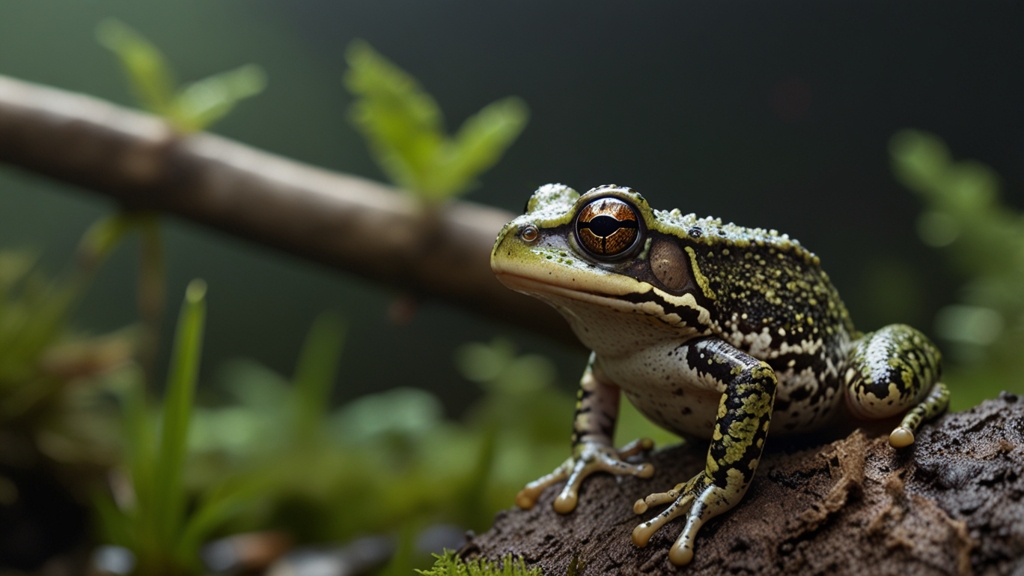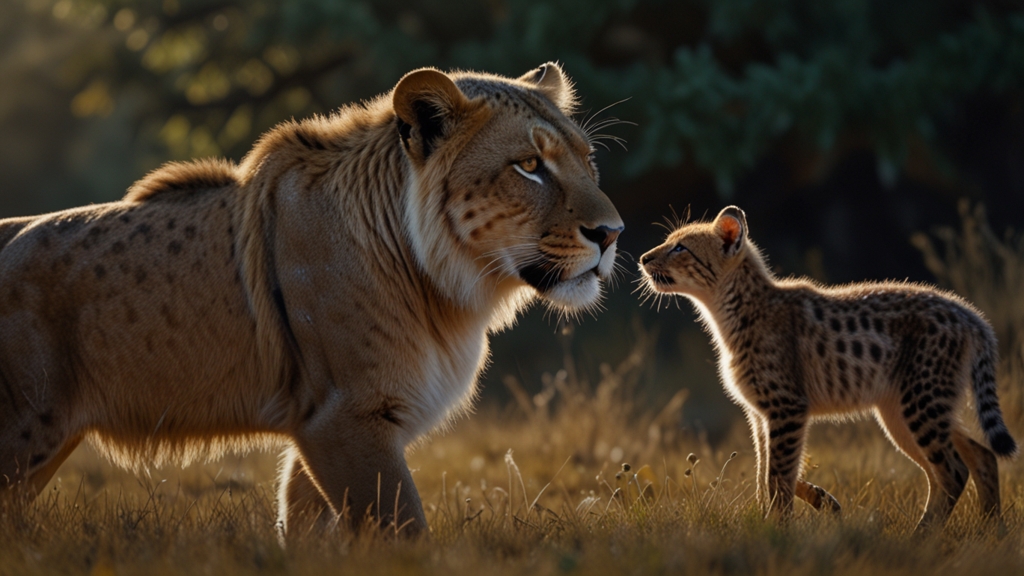Last of Their Kind: The Disturbing Fate of Endangered Animals
Every day, the reality of human impact on the planet becomes more apparent. Among the most distressing consequences of our actions is the accelerating loss of biodiversity. The world is currently witnessing unprecedented rates of species extinction, with numerous animals teetering on the brink of disappearance. These endangered species are often referred to as the "last of their kind," highlighting the urgent need for conservation efforts to save them.
Understanding Endangerment
An animal species is classified as endangered when its population has diminished to such a critical level that it faces a high risk of extinction in the wild. Various factors contribute to this perilous status, including habitat destruction, climate change, poaching, and pollution. When these pressures exceed the resilience of species, they struggle to survive and reproduce, pushing them closer to extinction.
"The rate at which species are vanishing is hundreds, if not thousands, of times higher than the historical average. We are now in the midst of the Earth's sixth mass extinction event, and it's largely driven by human activity." - Dr. Jane Goodall
The Plight of Iconic Species
Many well-known species have become symbols of the broader environmental crisis. The majestic African elephant, for instance, is targeted for its ivory tusks, leading to a drastic decline in its numbers. Similarly, the Siberian tiger is on the verge of extinction due to habitat loss and poaching. These animals, once abundant, now survive in fragmented habitats, their future uncertain.
Another poignant example is the giant panda, a species that has long been emblematic of wildlife conservation efforts. Although intensive efforts have helped stabilize its population, the panda's dependence on bamboo forests—which are disappearing rapidly due to human activity—remains a constant threat.
The Consequences of Losing Species
The extinction of a species is not an isolated event; it has ripple effects across entire ecosystems. Each species plays a unique role in maintaining the balance of its environment. The loss of a single species can set off a chain reaction, destabilizing ecosystems and leading to further loss of biodiversity. This can have profound implications for human society as well, affecting everything from food security to climate regulation.
"Biodiversity is the foundation of our planet's health. The web of life that supports us is unraveling, and with it, the very systems on which we rely for food, clean water, and air are at risk." - David Attenborough
Conservation: A Race Against Time
Despite the grim outlook, there is still hope. Conservation efforts worldwide are striving to protect endangered species and restore their habitats. Initiatives such as protected areas, wildlife corridors, and breeding programs are critical in this endeavor. Additionally, raising public awareness and fostering global cooperation are essential to galvanize the collective action needed to save these species.
Many success stories offer a glimmer of hope. The recovery of the bald eagle in North America, once on the verge of extinction due to DDT poisoning, demonstrates that concerted conservation efforts can yield significant results. Similarly, the resurgence of the humpback whale population, thanks to international bans on commercial whaling, underscores the positive impact of global conservation policies.
How You Can Help
Individuals also have a crucial role to play in conservation. By supporting wildlife conservation organizations, reducing our ecological footprint, advocating for sustainable practices, and educating others about the importance of biodiversity, we can contribute to the protection of endangered species. Every action, no matter how small, can help turn the tide in favor of our planet's most vulnerable inhabitants.
In conclusion, the fate of endangered animals is a barometer of the health of our planet. These creatures, the last of their kind, need our immediate attention and action. As stewards of the Earth, we must rise to the challenge and ensure that future generations inherit a world rich in biodiversity and natural wonders.
"In the end, we will conserve only what we love; we will love only what we understand; and we will understand only what we are taught." - Baba Dioum









